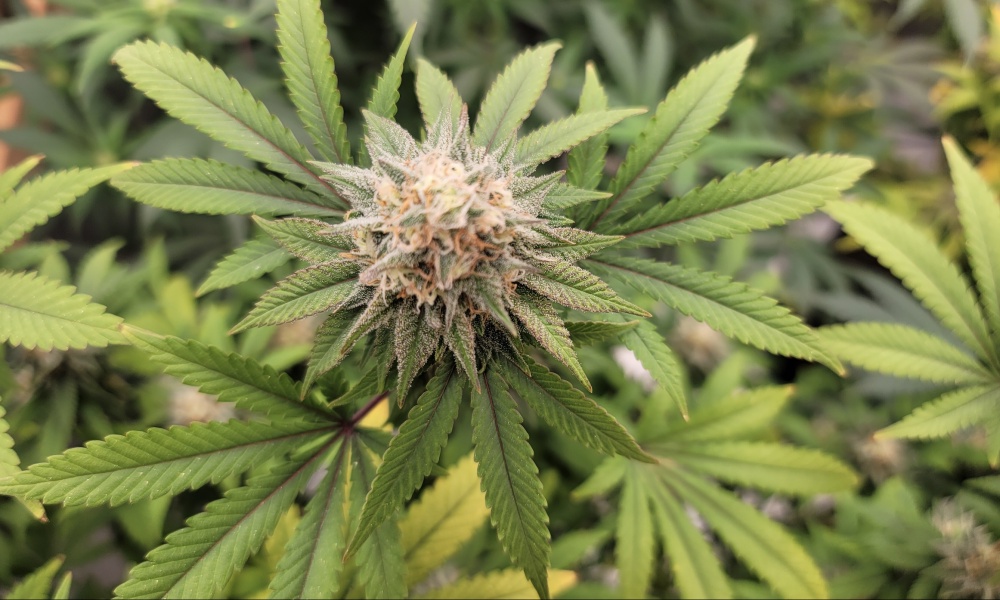The use of CBD in various applications, including the treatment of depression, anxiety, and pain and easing symptoms associated with cancer, has made cultivating hemp for CBD a booming industry. However, when hemp contains THC that exceeds the legal limit, the crop can test “hot.” THC is the psychoactive ingredient found in marijuana that gets a person high. Federal and state regulations classify hemp as containing no more than 0.3% THC, meaning that growers can lose their entire crop if the plants exceed the stipulated THC level. Various articles and websites have claimed that biological or environmental stresses, like crop diseases or flooding, can lead to an increase in the production of THC. However, a new study conducted by researchers from Cornell University has found no evidence to support the claims that stress increases THC concentration in hemp plants. The study was published in the “Global Change Biology-Bioenergy” journal. Larry Smart, the study’s senior author, explained that the team’s goal in research was to decrease the risks that growers face as much as possible, noting that this particular study was conducted to prove that stresses don’t have a strong effect on THC increase, which should give hemp cultivators some comfort. Instead, Smart continued, the study proved that it was genetics rather than the environment that determined the CBD to THC ratio and THC content in hemp.
CannabisNewsWire, 08/05/2021 04:20:00

